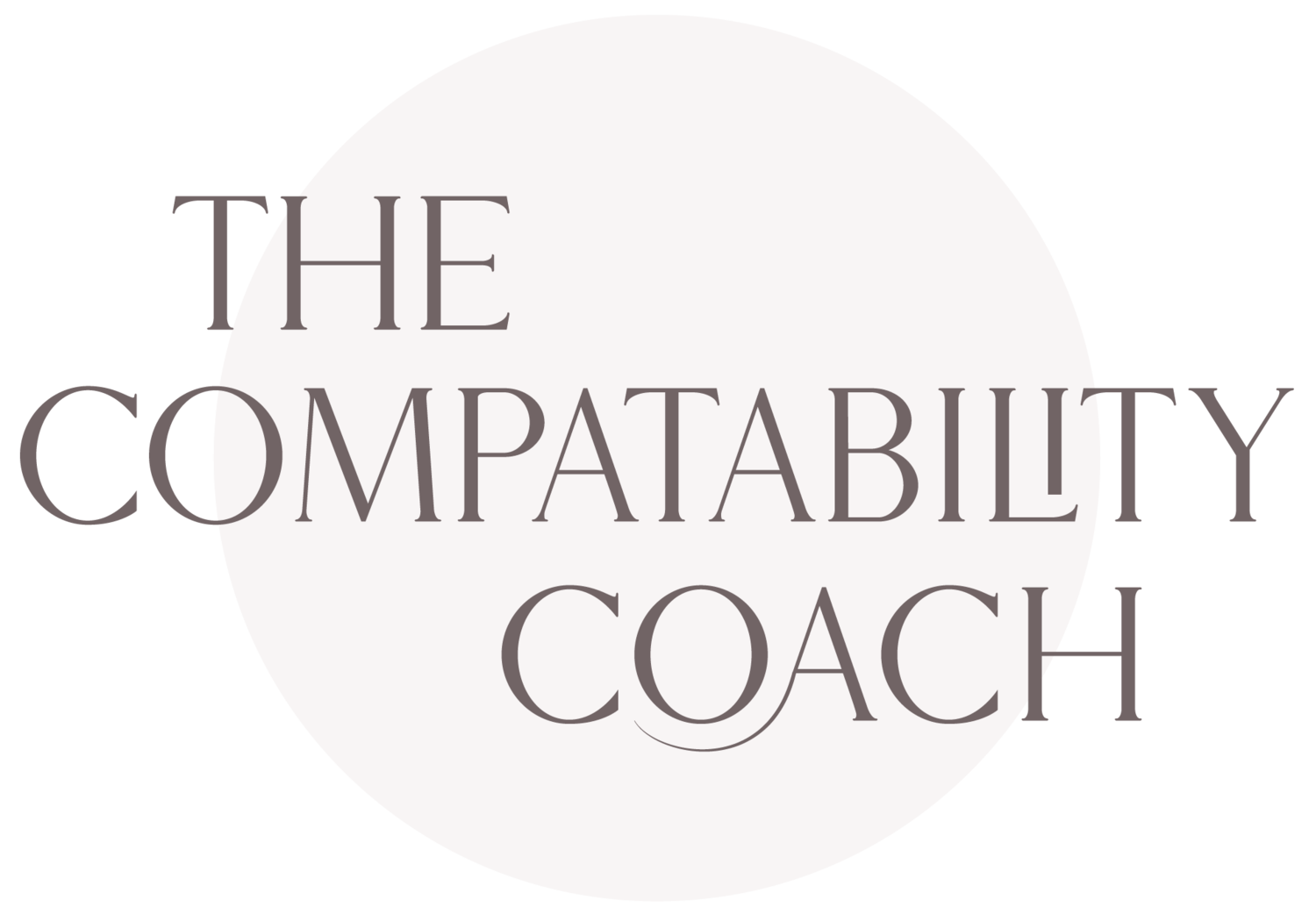When hyper independence becomes your defense mechanism…
So I’m not sure about you, but I grew up in a world where independence was worn as a badge of honor - at school, at home, with friends. To me, there was such strength in not relying on people for support, whether that was practical, financial and in particular, emotional support. Doing it your own way. Forging your own path.
And whilst I fully believe healthy independence and a strong sense of self should be strived for, for me it was actually clouded in an underlying belief that people couldn’t be trusted or be relied on to meet my needs and be there.
You see the 15 year old Caitlin, after watching certain events unfold, had made a promise to herself that she wouldn’t put herself in a situation where she’d let someone hurt or damage her.
So I carried on my merry way, unaware of the havoc that promise would create, telling myself and others that I ‘don’t need anyone’ (especially a man). And what happened? By believing, and telling people that I couldn’t rely on anyone, I attracted partners who couldn’t give me anything. And if they could, the shutters would come down and I wouldn’t be interested.
So my independence wasn’t born out of empowerment, it was born out of defense.
And this is a pattern that I see time and time again with clients. Somewhere along the way we learned that love is when someone can’t show up and meet our needs, so a natural defense mechanism kicks in.
We can:
❣️shutdown emotions and shut off, which can look like 'numbing out' - using booze, men, social media, or basically any form which provides distraction or distance to how you're feeling. It can also mean we push people away and have difficulty forming romantic attachments and getting close. Thinking others won’t be able to meet our needs, or feel safe to be vulnerable with, we squash our needs down and put the walls up.
❣️ Or our nervous system goes into overdrive, so we get anxious and are on hyper alert to being vulnerable and being left. Which means our body starts to associate our 'survival' with being close to our attachment figure. This means we are always second guessing our partner, making assumptions and acting out to test their commitment. Sometimes we can’t eat, sleep or even think straight.
A huge part of my journey was allowing myself to be vulnerable enough to fall in love and let someone see the real me, but that didn’t happen overnight. I built up to it. I had to practice little by little by asking friends or family for help, opening up emotionally about how I felt and letting the walls down. I then practiced setting boundaries and telling romantic partners what I was looking for, and being more vulnerable when it felt safe.
You see, for me, true independence is having a solid sense of self that isn’t reliant on other people’s opinions and approval. It’s also having the internal strength and security to expect and allow people to meet your needs and to rely on others just as they rely on you. In other words you choose to need people.
So, if this has hit home, then here are some journaling questions to get you thinking:
Where did you begin to form the belief that love exists in people who can’t show ups for you?
In what way is it safe for you to date people who are emotionally unavailable now?
By avoiding a deeper connection, or for someone to see you as who you are, what are you protecting?
What is one risk that you are willing to take to feel more vulnerable, in an environment that feels safe to do so? Examples could be asking a neighbor to buy you a pint of milk if you’re unwell, opening up to a friend if you have a bad day, downloading a dating app and approaching it without judgment…
P.S If any of this resonated, then you might be interested in joining the waitlist for my group coaching programme, Leading in Love. Doors open in September but you'll get the early bird discount and other details ahead of time. Click here to get on the list
As ever, if you want to book a call with me to chat things through, then you can do so here.
